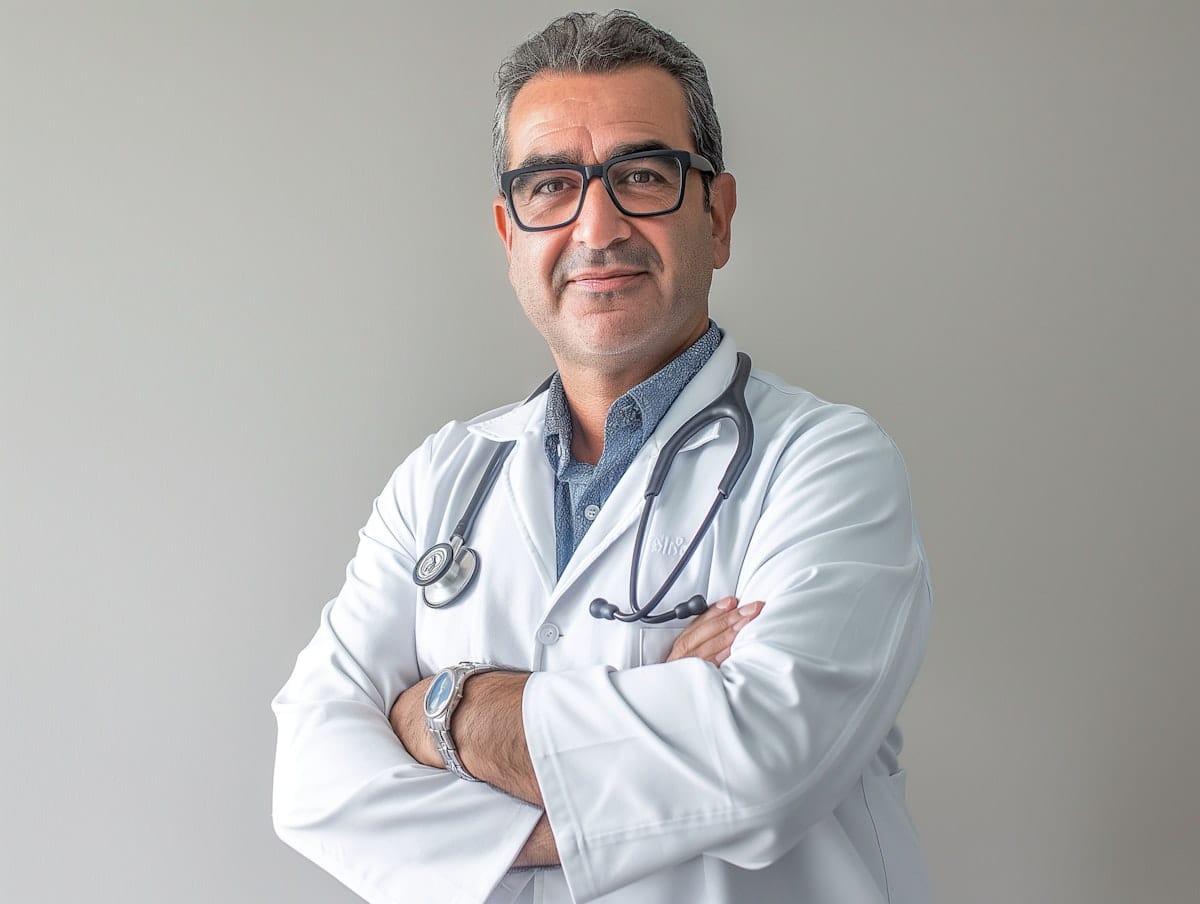Beyond Caution: The Fine Line of Defensive Medicine and Patient Rights
Table of Content
As a medical doctor deeply committed to patient safety and rights, I've often found myself navigating the challenging waters of defensive medicine. This practice, where doctors perform extra tests and procedures to avoid potential legal backlash rather than out of medical necessity, presents a complex ethical landscape.
Let's dive deeper into understanding this issue and its implications on both healthcare and our rights as patients.
The Ethical Dilemma of Defensive Medicine
Defensive medicine is a term that many might not be familiar with, yet its impact on our healthcare experience is significant. At its core, it's a protective strategy, but this approach often leads to a troubling question: Are we, as patients, receiving care based on what’s truly best for us, or are decisions being shaped by legal fears?
The detailed exploration of this practice on our post here sheds light on the foundational elements of this issue.
The Real Costs of Being Overly Cautious
The implications of defensive medicine extend beyond just unnecessary medical interventions; they also strain our healthcare system financially. In another insightful article, The Hidden Costs of Defensive Medicine, the economic burdens are laid bare.
We see how these extra, often unneeded procedures can inflate healthcare costs dramatically, impacting everyone, especially those with limited access to health resources.
When Caution Harms Instead of Helps
Perhaps the most direct impact of defensive medicine on us as patients is how it can compromise our safety. The paradox here is poignant: measures taken to avoid litigation can sometimes lead to harm.
The compelling arguments in How Defensive Medicine Threatens Patient Safety and Lives illustrate scenarios where excessive caution not only fails to protect but actively harms.
This is where we must question the true intent of our healthcare protocols—are they serving us, or are they serving a legal narrative?

A Personal Plea for Balance
From my perspective as both a doctor and an advocate for patient rights, finding a balance is crucial. We need a system where medical professionals can offer the best possible care without the looming threat of legal repercussions for unfounded reasons.
This balance would ensure that patient safety and well-being are always the priority, without the unnecessary burden of defensive practices.
Recommendations for Patients
As patients, you have the power to influence this dynamic. Here’s how you can help tilt the balance towards more ethical and patient-focused healthcare:
- Be Informed: Understand why certain tests and procedures are recommended. Ask questions—why is it necessary? What are the benefits and risks? Are there simpler, safer options?
- Communicate Effectively: Build a transparent relationship with your healthcare providers. Express your concerns about overtreatment and discuss the necessity of recommended medical actions.
- Advocate for Policy Changes: Support reforms that protect doctors from frivolous lawsuits while also holding them accountable for their medical practices. This can reduce the practice of defensive medicine, aligning healthcare closer with genuine patient needs.

Wrapping Up!
Navigating the complexities of defensive medicine is not just about understanding what it is, but also about recognizing its profound impact on our health and rights.
By staying informed and actively participating in our healthcare decisions, we can all contribute to a more ethical, effective, and patient-centered healthcare system. Let's move beyond caution to care that truly respects and protects our health and rights.













